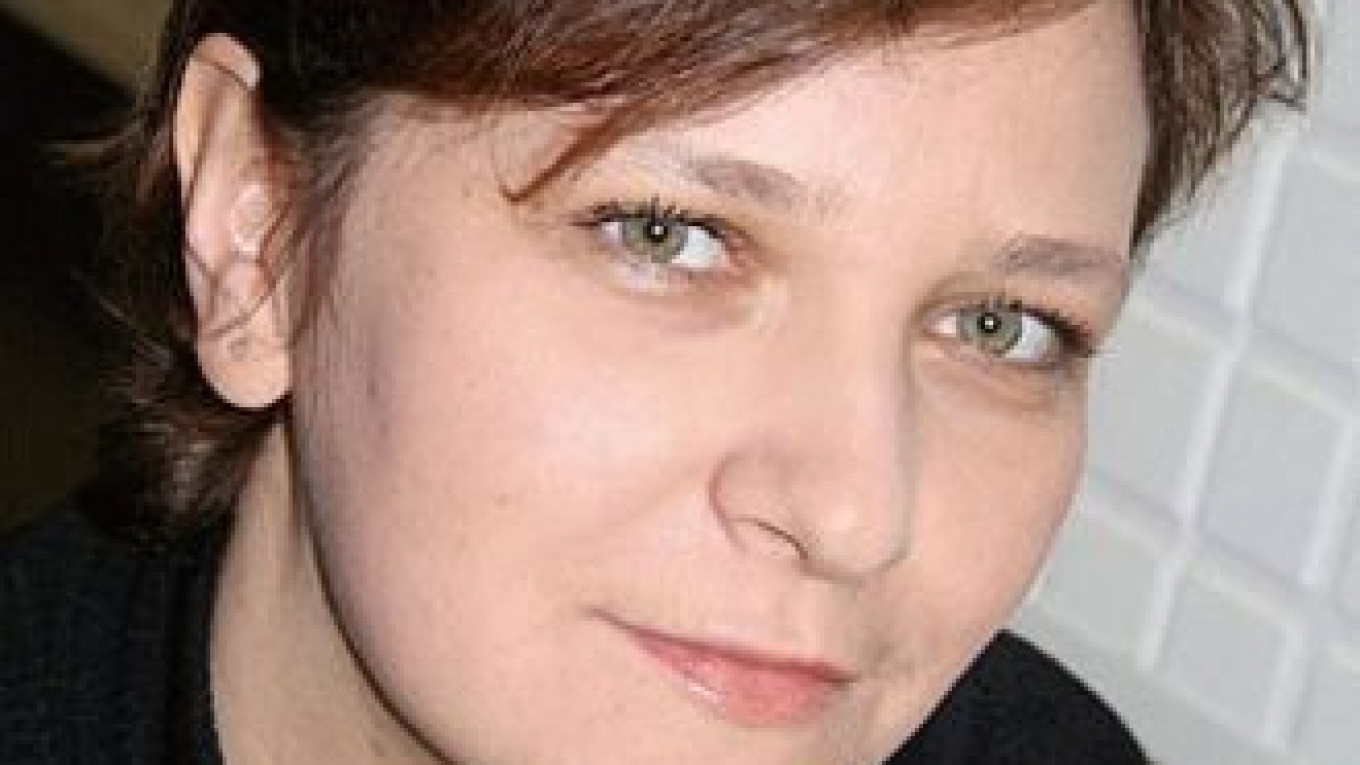Russia's reputation for graft has improved, jumping 11 spots in watchdog Transparency International's annual corruption perception index of countries around the world.
The country is now ranked 143rd out of the 183 countries surveyed — sharing that spot with several developing countries, including Nigeria, Mauritania, Togo, Uganda, Azerbaijan and Belarus.
The survey, published Thursday, gave Russia a score of 2.4, which is a slight improvement from the 2.1 points the country received last year, when it was rated 154th out of the 178 countries monitored.
Countries are ranked on scores from zero to 10, with zero being the most corrupt and 10 appearing to have no corruption at all. Data for the index are collected by asking monitors and businessmen about their perception of corruption in their country's governments.
New Zealand earned the cleanest rating, coming in first with 9.5 points, followed by Finland and Denmark both with 9.4 points. Somalia and North Korea had the lowest scores of 1.0 points each. Britain ranked 16th with a score of 7.8, while the United States landed in 24th spot with a score of 7.1.
The improved marks stem from President Dmitry Medvedev's focus on fighting corruption and the recent implementation of anti-bribery legislation, such as increased fines for those convicted of taking kickbacks and signing the Organization for Economic Cooperation and Development's anti-bribery convention, according to Transparency International.
While implementing such measures is a step in the right direction, there is still a long way to go, experts warn. Laws may have been passed, but enforcement remains low, they say.
Former Deputy Interior Minister Andrei Khorev and several other high-ranking officials fled the country after getting involved in bribe scandals this year.
Businessmen who offer bribes are punished more often than government officials who take them, said Yuly Nisnevich, a political science professor at the Higher School of Economics.
Exchanging suitcases of money for political favors is increasingly replaced by coerced bribes. For example, a government official — or a thug with government connections — can pressure a businessman to legally hand over assets or put someone in a high-ranking position in a company, Nisnevich said.
The changing nature of corruption in Russia makes unconditional penalties and protection for those who report bribes top concerns, said Yelena Panfilova, Transparency International Russia director.
The volume of corruption is impossible to gauge because of its hidden nature, but the median bribe is about 1 million rubles ($33,000) for business, and anywhere from 10,000 rubles to 300,000 rubles for individual bribes to such institutions as hospitals and universities.
Transparency International and FIFA will keep a close watch on Olympics- and World Cup-related construction for signs of crooked deals, Panfilova said.
Although the results for 2012 cannot be predicted, experts said the upcoming elections, with their easily predictable results, do not bode well for corruption.
"The principle of appointing the government is corrupt," Nisnevich said.
Corruption has become a rallying cry for protesters around the world, experts said, with protests taking place in many of the lower-ranking countries.
Compared with last year, the 10 worst countries have changed places, but stayed on the top of the list. This year, five new countries were added — North Korea, Bahamas, Saint Lucia, Saint Vincent, the Grenadines and Suriname.
Berlin-based Transparency International has published the corruption perception index since 1995.
A Message from The Moscow Times:
Dear readers,
We are facing unprecedented challenges. Russia's Prosecutor General's Office has designated The Moscow Times as an "undesirable" organization, criminalizing our work and putting our staff at risk of prosecution. This follows our earlier unjust labeling as a "foreign agent."
These actions are direct attempts to silence independent journalism in Russia. The authorities claim our work "discredits the decisions of the Russian leadership." We see things differently: we strive to provide accurate, unbiased reporting on Russia.
We, the journalists of The Moscow Times, refuse to be silenced. But to continue our work, we need your help.
Your support, no matter how small, makes a world of difference. If you can, please support us monthly starting from just $2. It's quick to set up, and every contribution makes a significant impact.
By supporting The Moscow Times, you're defending open, independent journalism in the face of repression. Thank you for standing with us.
Remind me later.


